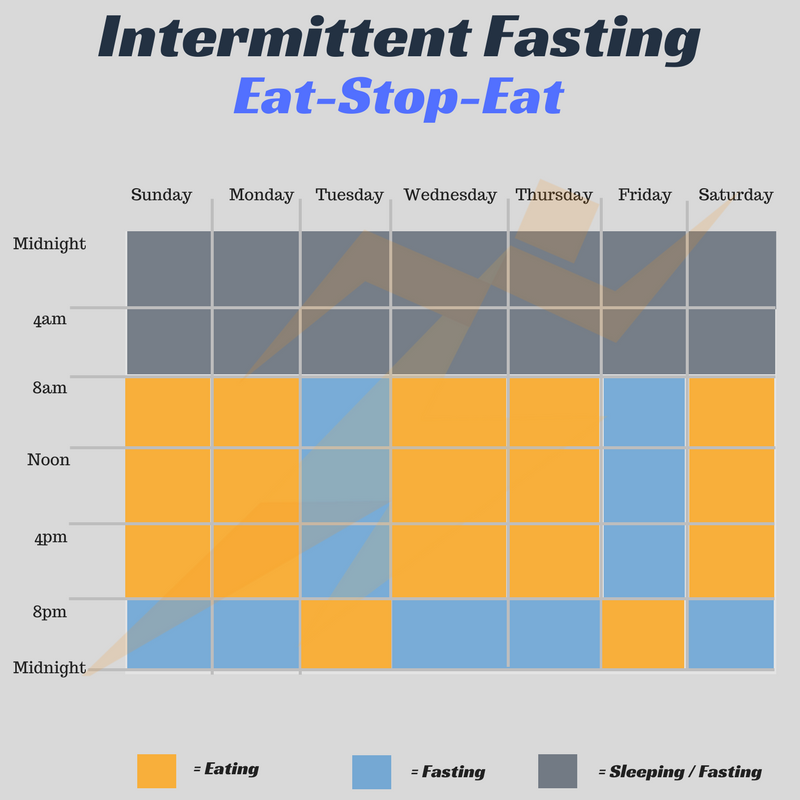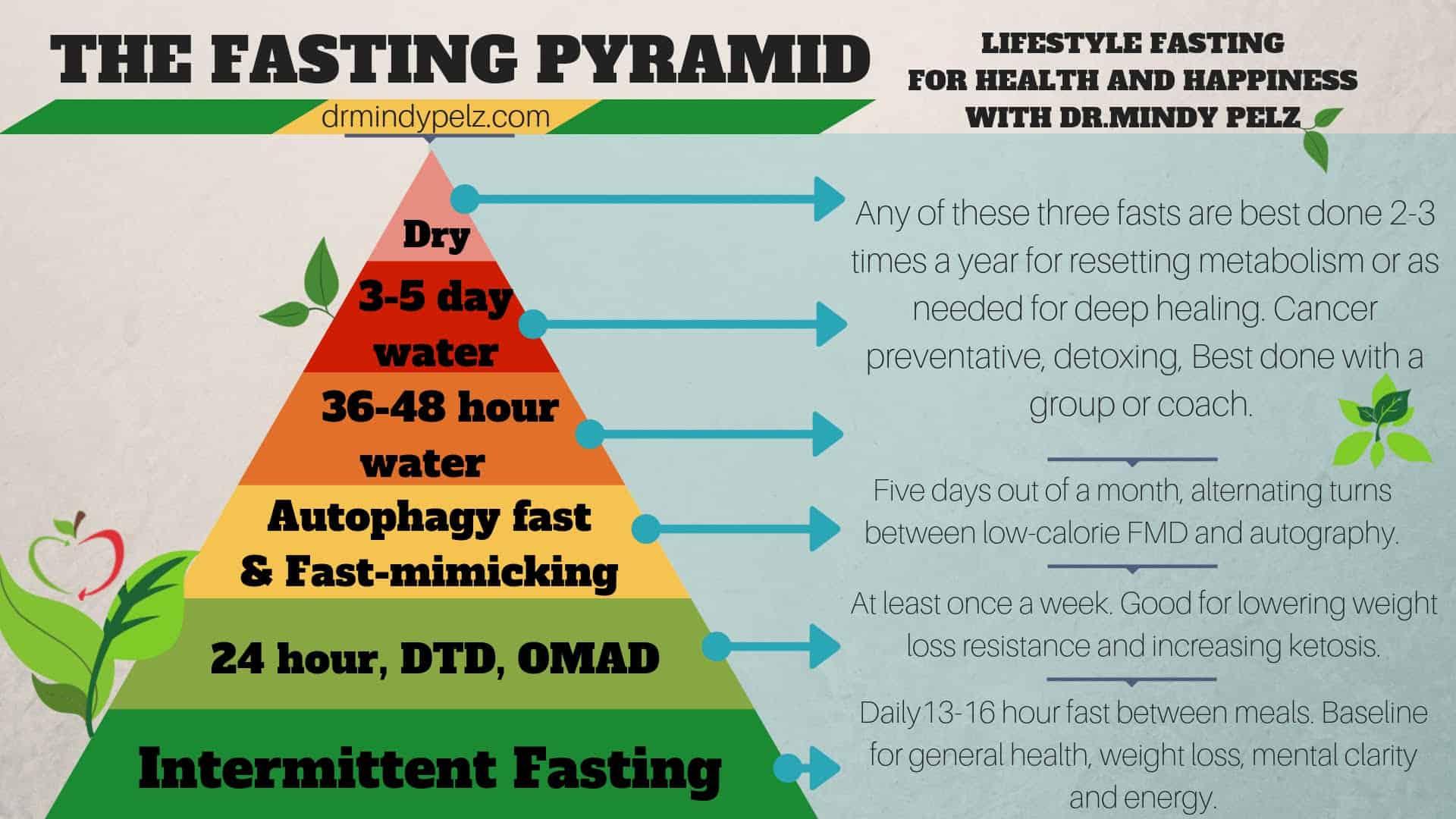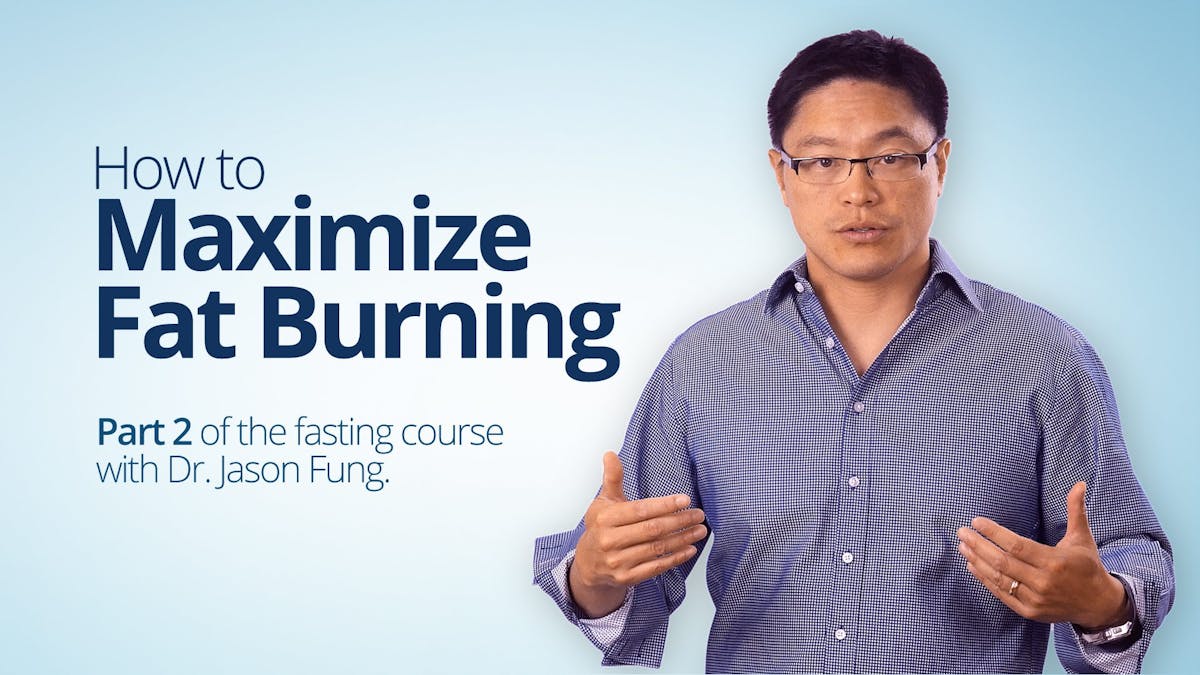Occasional 24 Hour Fast
My health tip for today goes a little against the kind of information that’s being spread in the mainstream. It is:
It’s a no brainer fasting will cause weight loss. No food = No weight gain. Research shows that after a 24-hour fast, without exercise, muscle glycogen stores were reduced by about 50%. Once you use up your glucose stores, your body breaks down your fat stores for energy. But of note, your body does start to utilize fat before your glucose stores are fully depleted.
“Once in a while, fast for 24 to 36 hours to ‘reset’ the system”
There are lots of benefits to fasting, but that’s not what I’m going to talk about today.
What I want to talk about is how an occasional 24 to 36 hour water fast can be beneficial.
Very often, you’ll hear that we must *never* skip a meal.
“Skipping a meal” is bad, they’ll say.
Yet, fasting periodically has been an important part of most main religions. In the Bible, there are at least 12 different references to fasting.
One of the main advocates of fasting, Paul Bragg (who also called himself a “life extension specialist”), had the habit of fasting one day a week for 24 hours.
But that’s not what I recommend.
I think if you “force” your system to fast, you’re going against nature.
Instead, listen to your body.
Occasionally, you’ll feel the need for a short fast. I like to think that it helps to “reset” the system.
But what it does is actually more giving your body a chance to rest, and giving your digestive organs a break.
Here are some signs that could indicate you need to give your digestion a break by going on a short fast (but of course, use common sense. If you have a medical condition, ask your physician about this):
– You lack hunger. Food is not appetizing
– You feel a lack of energy
– You feel headaches and a general state of imbalance
– You feel “out of it” and natural foods such as fruits and vegetables are not appealing to you

When that happens, you can try a short fast. There’s nothing like this to restore your “joie de vivre” and get back on track.
NOTE: A good alternative to fasting is to go on a detox diet. This is something I do routinely. Once a week, I go on a “detox” day, and a few times a year, I go one a one-week detox diet.

Related Posts

Frederic loves to relentlessly debunk nutritional myths. He advocates a low-fat, plant-based diet and has had over 10 years of experience with raw vegan diets. He lives in Montreal, Canada.
GET YOUR FREE REPORT:

'The Myth of Diabetes on a Fruit Diet'
© Provided by Eat This, Not That! fasting dietIt's no question that fasting is an effective way to lose weight. In fact, Patricia Bannan, MS, RDN, and LA-based nutritionist and healthy cooking expert has explained before that intermittent fasting, which is an eating pattern that cycles between bouts of eating and calorie restriction, is an especially powerful way to blast fat.
'Intermittent fasting causes glucose (sugar) concentrations to decrease and lipolysis (fatty acid oxidation) to increase significantly during the first 24 hours, which helps the body break down stored fat,' she said.
However, there are many different methods of intermittent fasting, the most popular of which is likely the 16/8 method, which entails skipping breakfast and eating between an 8-hour time frame, followed by a 16-hour fast. A new study conducted by researchers from the University of Illinois at Chicago found that fasting just a few hours of the day was enough to help people lose about 3% of their body weight in roughly two months.

Occasional 24 Hour Fast
The study, which was published in the journal Cell Metabolism, compared the results of two different time-restricted feeding diets, where participants were asked to fast for 20 and 18 hours, respectively.
Occasional 24 Hour Fasting
'This is the first human clinical trial to compare the effects of two popular forms of time-restricted feeding on body weight and cardiometabolic risk factors,' said Krista Varady professor of nutrition at the UIC College of Applied Health Sciences.
Here's how it worked. Those who participated in the 20-hour fast ate whatever they wanted between 1:00 p.m. and 5:00 p.m. and for those who were assigned the 18-hour fast were allowed to eat until 7:00 p.m. During the fasting periods, participants were allowed to drink water as well as other calorie-free beverages. The control group was asked to maintain weight and not make any changes to their diet or physical activity levels.
The result? After 10 weeks, participants in both fasting groups reduced their caloric intake by about 550 calories a day, enabling them to drop (on average) 3% of their body weight. In addition, researchers also discovered that both insulin resistance, which can lead to type 2 diabetes, and oxidative stress levels were reduced in those who fasted in comparison with those who didn't in the control group.
In short, both fasting periods were effective and lead to nearly identical weight loss results.
'The findings of this study are promising and reinforce what we've seen in other studies—fasting diets are a viable option for people who want to lose weight, especially for people who do not want to count calories or find other diets to be fatiguing,' Varady said. 'It's also telling that there was no added weight loss benefit for people who sustained a longer fast—until we have further studies that directly compare the two diets or seek to study the optimal time for fasting, these results suggest that the 6-hour fast might make sense for most people who want to pursue a daily fasting diet.'